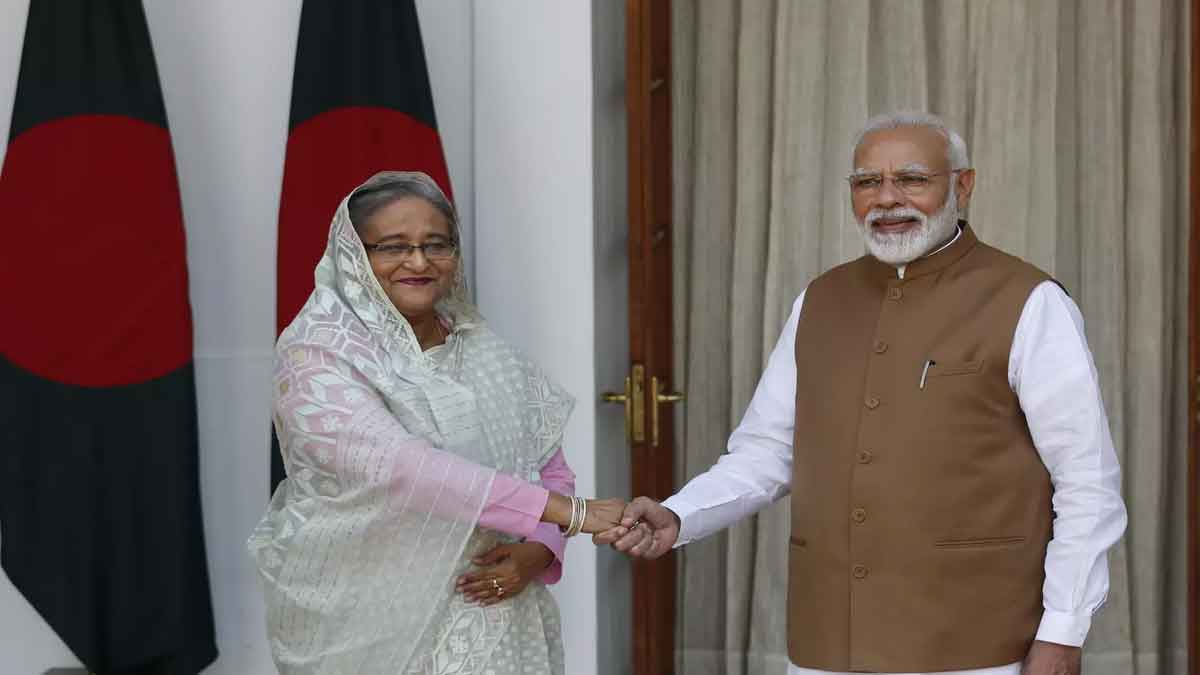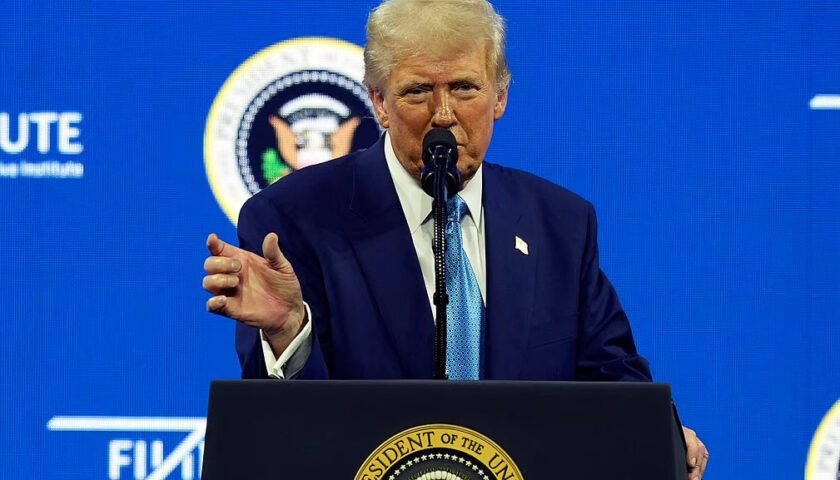Unraveling the Political Crisis
On August 6, 2024, Sheikh Hasina, the Prime Minister of Bangladesh for over a decade, resigned and fled the country amidst severe unrest. The immediate trigger for her resignation was a violent backlash against the government’s controversial quota system, which led to the death of over 100 people in protests. The Bangladesh Army has taken control of the situation, with General Waqar-uz-Zaman calling for peace and announcing the formation of an interim government. This unexpected political upheaval has sparked speculation about possible foreign interference, particularly involving China and Pakistan.
Allegations of Pakistani Involvement
Recent reports have suggested that Pakistan’s Inter-Services Intelligence (ISI) may have been involved in orchestrating the downfall of Sheikh Hasina. According to sources cited by News18, the ISI allegedly used student groups such as Jamaat-e-Islami and its student wing, Islami Chhatra Shibir, to intensify the protests against Hasina’s administration. The aim, according to these reports, was to destabilize Hasina’s government and pave the way for a regime more favorable to Pakistan.
The Times of India has further reported that Jamaat-e-Islami, with backing from the ISI, played a key role in escalating the unrest. The group’s activities reportedly included organizing and fueling protests, with substantial financial support believed to have originated from both Pakistani and Chinese sources. This support was allegedly aimed at destabilizing the Hasina government and promoting an Islamist agenda that aligns with Pakistan’s interests.
Intelligence sources suggest that ISI’s involvement included activating sleeper cells and providing secret funding to these radical groups. There are also claims that the ISI’s goal was to weaken Hasina’s government, which was perceived as being too aligned with India. By fostering instability, the ISI aimed to influence Bangladesh’s political landscape in favor of a government more sympathetic to Pakistani interests.
China’s Suspected Role
China’s involvement in the political crisis in Bangladesh is another aspect of the unfolding drama. According to The Times of India, there are suspicions that China’s Ministry of State Security (MSS) may have supported efforts to remove Hasina from power. The report suggests that Beijing, frustrated with
Hasina’s attempts to balance relations between China and India, saw the upheaval as an opportunity to influence the political direction of Bangladesh.
An intelligence officer cited by the newspaper noted that the MSS had been unusually active recently, including the dissemination of a propaganda video warning of foreign spies. This heightened activity, combined with China’s perceived dissatisfaction with Hasina, suggests a possible motive for Beijing’s involvement. During Hasina’s recent visit to China, she reportedly received a cold reception, with minimal diplomatic protocol and no personal meeting with Xi Jinping. This uncharacteristic behavior from China has been interpreted by some as a sign of Beijing’s discontent and a potential signal of its support for a change in Dhaka’s leadership.
India’s Concerns and Diplomatic Reactions
The crisis in Bangladesh has elicited significant concern from India, which has been closely monitoring the situation. During an all-party meeting chaired by Foreign Minister S. Jaishankar, it was suggested that a conspiracy involving multiple political actors might be behind Hasina’s removal. Jaishankar confirmed that the Indian government is actively engaged in managing the situation and coordinating with the Bangladeshi Army to ensure the safety of Indian citizens and minorities in the region.
Congress leader Rahul Gandhi raised critical questions during the meeting, inquiring about the Centre’s short-term and long-term strategies to address the crisis, including the potential involvement of Pakistan. Jaishankar acknowledged the need for further investigation into Pakistan’s role and noted that a Pakistani diplomat had altered his social media profile picture to support the Bangladeshi protests, which added to the suspicion.
Congress MP Shashi Tharoor also expressed concerns about the potential influence of Jamaat-e-Islami and the possibility of meddling by China and Pakistan. Tharoor highlighted troubling reports of attacks on Hindu homes and temples in Bangladesh, raising the risk of a refugee crisis if the situation worsens. He stressed the importance of stabilizing the region to prevent further unrest and ensure the safety of Indian interests and citizens.
Speculations and Future Implications
As the situation in Bangladesh continues to evolve, the allegations of foreign interference by China and Pakistan add a complex dimension to the political crisis. The involvement of these countries, if proven, could significantly alter the geopolitical landscape of South Asia. The possibility of a government in Dhaka with pro-Pakistan and anti-India leanings would have far-reaching implications for regional stability and India’s strategic interests.
The international community, particularly neighboring countries like India, is watching the developments closely. The ongoing investigations and diplomatic efforts aim to address the immediate crisis and lay the groundwork for a stable and peaceful resolution. The outcome of these efforts will be crucial in determining the future trajectory of Bangladesh’s political landscape and its relationships with global powers.
As Bangladesh navigates through this turbulent period, the questions surrounding foreign influence highlight the intricate interplay of regional politics and international interests. The situation remains fluid, and the coming weeks will be critical in shaping the future stability and governance of Bangladesh.
(With inputs from agencies)





